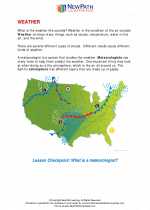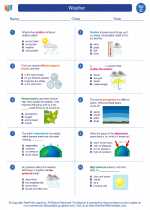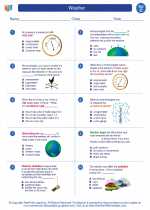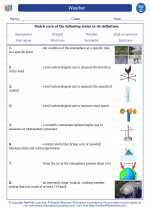Moisture
Moisture refers to the presence of water in the air or in substances. It is an important aspect of the environment and affects various natural processes and human activities. Understanding moisture is crucial in fields such as agriculture, meteorology, and environmental science.
Key Concepts
- Humidity: Humidity is a measure of the amount of water vapor present in the air. It is an important factor in determining the comfort level of the environment and plays a significant role in weather patterns.
- Evaporation: Evaporation is the process by which water changes from a liquid to a vapor or gas. It is a key component of the water cycle and is influenced by factors such as temperature, air movement, and surface area.
- Condensation: Condensation is the process by which water vapor in the air transforms into liquid water. It occurs when air cools and reaches its dew point, leading to the formation of clouds, fog, and precipitation.
- Transpiration: Transpiration is the release of water vapor from plants into the atmosphere. It is an essential part of the water cycle and contributes to the moisture content in the air.
Study Guide
As you study the topic of moisture, consider the following questions:
- What factors contribute to the level of humidity in a given area?
- How does evaporation contribute to the water cycle and affect the moisture content in the air?
- What are the effects of condensation on weather patterns and the formation of precipitation?
- How does transpiration by plants impact the moisture levels in the surrounding environment?
Additionally, you can conduct experiments or observations to further understand the concepts of moisture, such as measuring humidity levels in different environments, observing evaporation rates, or studying the formation of dew or fog through condensation.
By exploring these questions and conducting hands-on activities, you can gain a deeper understanding of the role of moisture in the natural world and its significance in various scientific disciplines.
.◂Science Worksheets and Study Guides Third Grade. Weather

 Worksheet/Answer key
Worksheet/Answer key
 Worksheet/Answer key
Worksheet/Answer key
 Worksheet/Answer key
Worksheet/Answer key
 Vocabulary/Answer key
Vocabulary/Answer key
 Vocabulary/Answer key
Vocabulary/Answer key
